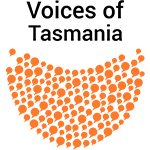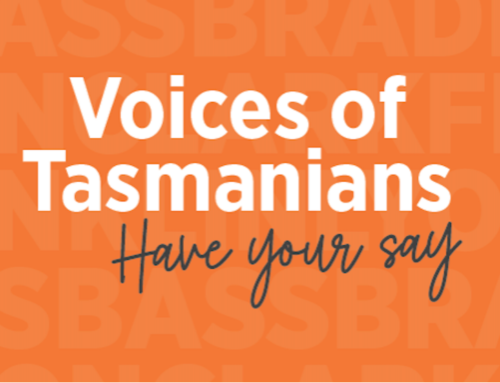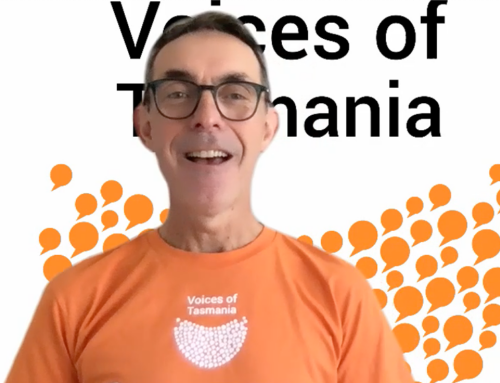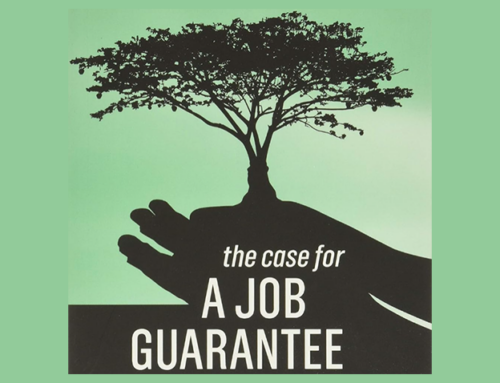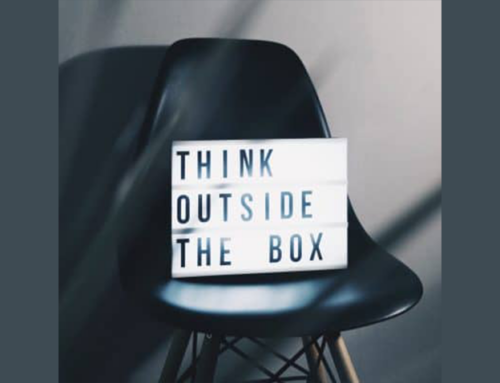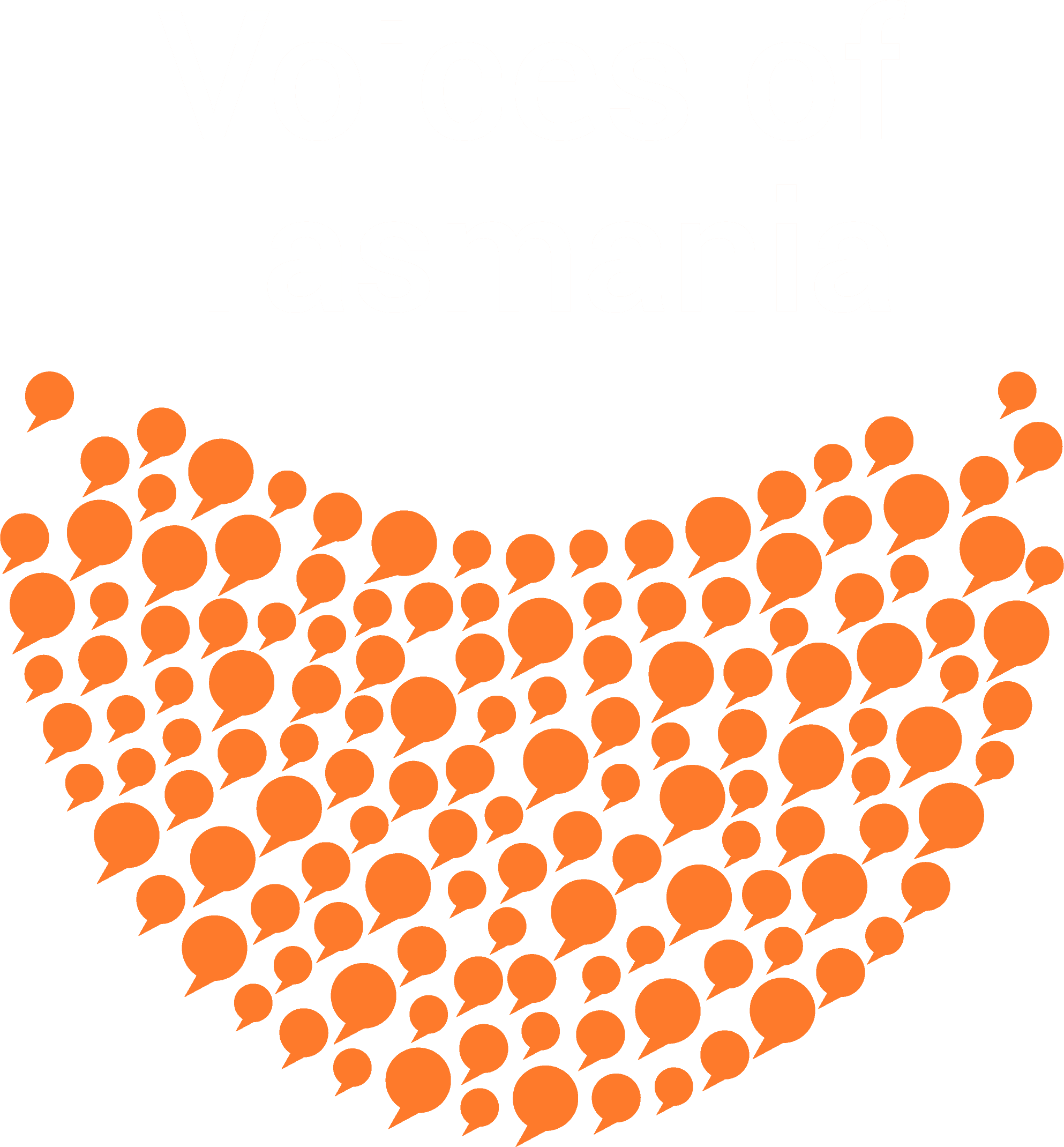The next Tasmanian state election is going to be BIG.
Big for Community Independents with the game-changing wave across mainland Australia at the last Federal election.
Big for Tasmanian politics because there are suddenly 10 vacant seats – that means there are no incumbents defending them! There will be 10 fresh faces in the next Tasmanian parliament – who do you want there? What calibre of leader do you want to step forward and engage with the real and pressing priorities Tasmanians are facing? THIS is your chance to get active and help put high quality people into those seats. People who will stand up for their communities, not vested interests and party ideologies.
And it’ll be big for participatory democracy overall – if we are organised, a great diversity of outstanding independents could be voted into parliament from all over the state.
Perhaps you, like many, haven’t fully recognised just how pivotal this opportunity is for Tasmanian democracy. A wave of 6 or more Community Independents elected can re-shape our beautiful state’s governance for the next generation. That’s our target. That’s how many we think can actually win and re-shape Tasmanian politics for the better.
The Rockliff Liberal majority government has enacted a remarkable and long overdue reform. And all credit to them. Restoring the State Parliament’s Lower House to 35 seats from the current 25 significantly lowers the number of votes a candidate needs to win a quota. With the Hare-Clark system of just 5 multi-member electorates, each electorate will now have 7 representatives elected. This will take around 13% of the vote to reach a quota; whereas for over 20 years it’s taken around 17% (in 1998 the Liberals and Labor cut the numbers to 25 to quell the rising Greens vote).
This may be the biggest risk a 4th term, majority state government has ever taken; and the biggest opportunity since federation to re-shape Tasmanian life.
The Liberals “majority” margin is slim too – just one seat. Current polling has the Liberal vote down 5% since the last election and the Labor vote stagnant. So it is highly unlikely that either Liberals or Labor will be able to form majority government in the next parliament.
Minority government is also known as a “balance of power”; i.e. neither major party rules. The two major parties call this a “hung parliament” – which makes it sound like a bad thing – because they would have to negotiate with the other parties and independents to get their legislation passed. We’re un-used to such circumstances; but in many European countries, with much more diverse parliamentary democracies, minority governments are common, and highly productive – partly because it means all parties can enact positive agendas if they make sense and can get others to support their ideas. This encourages reforms based on merit rather than ideology – something we at Voices of Tasmania believe is a very good thing.
In my humble opinion, minority government will most likely raise the maturity of the conversations in government and between representative members from “us and them” to “we and our”. People will have to work together and be more thoughtful to have their reforms passed. Several elected members I know have lamented how little work their party-based colleagues need to do; how they can avoid even reading draft legislation and improving it, because their party will just tell them how to vote. This is the antithesis of representative democracy. Members are not elected to represent the party ideology; they are elected to represent the constituents of their electorate. To do that, they must listen, they must engage, they must reflect on how legislation will affect their constituents.
If you’ve been tuning in to any of the Federal Community Independents like Helen Haines, David Pocock, Zoe Daniel or Zali Steggall, you’ll note that they are continuing to actively engage their communities and then go in to bat for them. True democratic representation. It’s what we’re here to rebuild.
If you haven’t already done so, please complete our Have Your Say survey. And if you’re keen to lend a hand, sign up via our Get Involved page. Or if you’d like to support our work with a donation, please go to the Donate page. Whatever the case, thanks for tuning in; it’s much, much, much appreciated.
Michael Roberts, Convenor, Voices of Tasmania Inc.
Voices of Tasmania Inc. is a not-for-profit incorporated association committed to increasing participation in democracy. For more information see our Charter.
